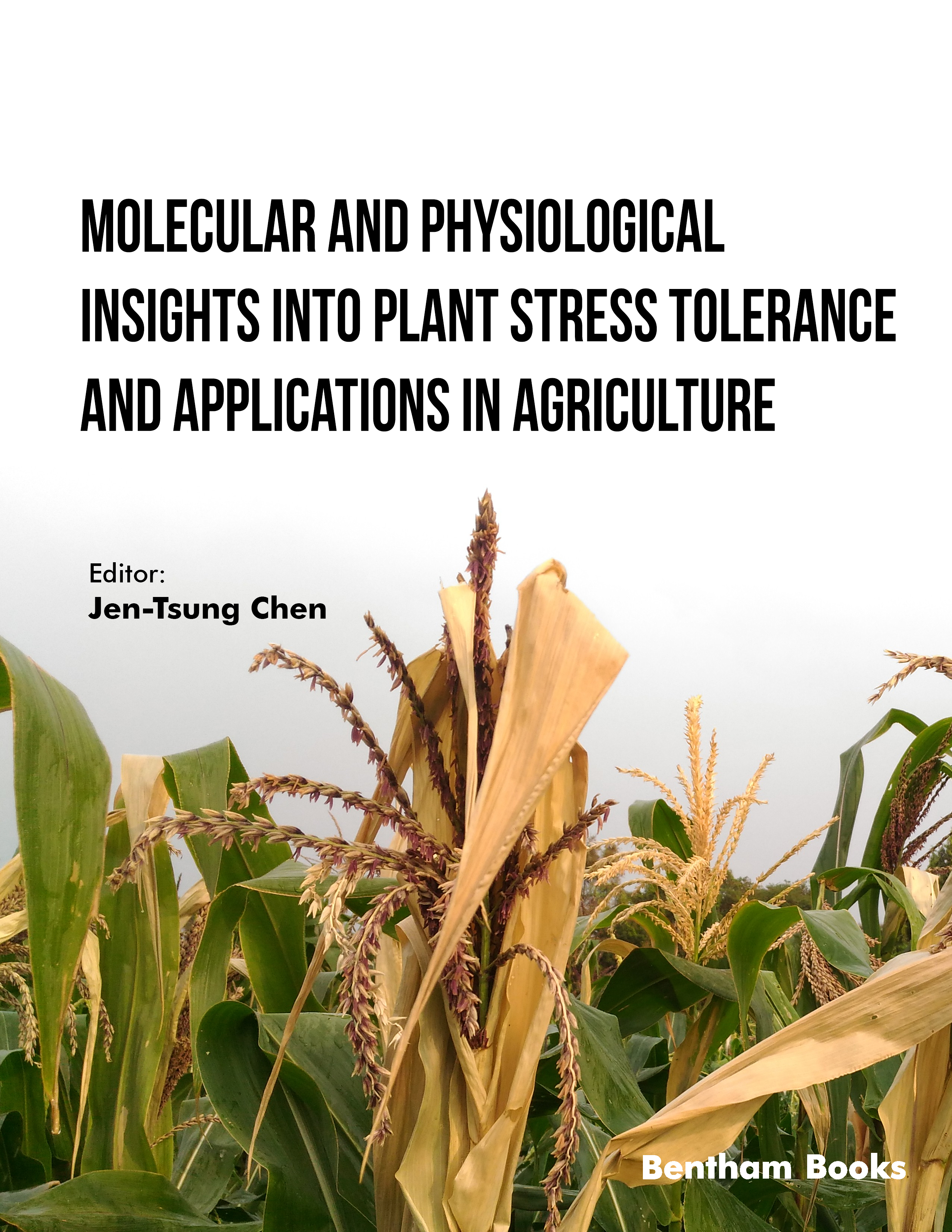Foreword
Stress tolerance is a continuing issue for researchers and professionals seeking to increase crop productivity. In the research field of plant science, stress physiology is an intensive topic for researchers, and tons of publications are reported per year to get increasing knowledge about stress tolerance when facing global climate change. In the meantime, the emerging knowledge of plant stress physiology should be applied to the practice of agriculture for sustainable agriculture as well as food security globally. Importantly, there is a high demand for the integration of current knowledge of plant stress physiology. Moreover, a systematic summary of methods in plant stress management also needs to be refined.
This book, “Molecular and Physiological Insights into Plant Stress Tolerance and Applications in Agriculture,” collects the most recent original research and literature reviews for unraveling the physiology of plant stress tolerance. Divided into 21 chapters, it provides in-depth coverage of the recent advances by exploring the unique features of stress tolerance mechanisms, which are essential for better understanding and improving plant response, growth, and development under stress conditions, in particular by exploring knowledge that focuses on the application of plant growth regulators, advanced biotechnologies, high-throughput technologies, multi-omics, bioinformatics, systems biology, and artificial intelligence as well as beneficial microorganisms on the alleviation of plant stress.
The mechanisms covered in this book include the perception of stress, signal transduction, and the production of chemicals and proteins associated with the stress response. The book also offers critical knowledge of the gene networks involved in stress tolerance and how they are used in plant stress tolerance development. Modern genetic studies and useful breeding methods are also covered. It also presents the current challenges and further perspectives. Therefore, this book might largely benefit breeding programs as well as sustainable agricultural production in the future.
The editor, Prof. Jen-Tsung Chen has done an excellent job of bringing together specialists from diverse fields to present the most comprehensive view of current research findings and their implications for plant stress tolerance physiology. Therefore, this book, "Molecular and Physiological Insights into Plant Stress Tolerance and Applications in Agriculture," is an essential resource for academics and professionals working in agronomy, plant science, and horticulture. It is an essential resource for both novices and specialists. It can also be utilized as a resource for courses at the university level for students and Ph.D. students interested in the physiology of plant stress tolerance. I recommend it without reservation!
Christophe Hano
University of Orleans
France

